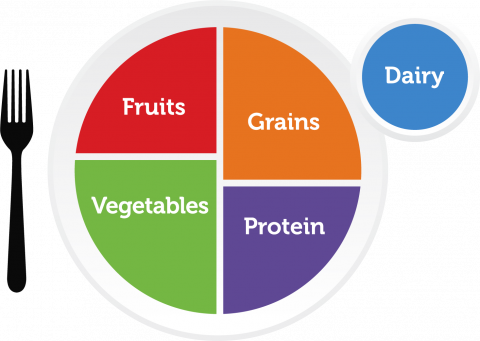In a new study called “Your Genes May Influence What You Like to Eat”, researchers are discovering that the diet you choose may be hereditary and linked to certain genes. The article states that there is a small probability that genes are passed down that will influence the food you may like to eat. Based on the sample size of the study, it was determined that 5% of a person’s diet is hereditary. Researchers acknowledge the sample size was too small for this to be an accurate representation of the population but it does account for something. The article corresponds to this genetic link to diabetes and how it is required for a person to shift their diet after being diagnosed with the disease, so if they can find a gene that codes for diabetes, then there might be a gene that codes for someone’s diet.
I think this article might be slightly far-fetched and mainly used for clickbait purposes. The sample size of the experiment was acknowledged to be too small to get accurate data and I feel like your diet is more of an environmental factor rather than hereditary. I think tastebud receptors are genetic, but I don’t think this ties into a vegetarian, Mediterranean, or paleo-based diet that people develop. If they can find a gene that codes for a person’s diet, then this can significantly change the nutrition field and help people with diabetes and obesity to further prevent diseases such as heart failure and cancer.

This is a fascinating topic to ponder! I personally used to be a vegetarian, though was born of regular omnivorous parents. It would be interesting if I was able to blame my sweet tooth on my parents! I hope that they continue this study with a larger pool of participants, so that way they can further accept or deny their hypothesis.
ReplyDeleteI agree this article may be slightly clickbaity- but it still is pretty interesting. It would be cool to see if this study could be developed to make get significant results for their hypothesis.
ReplyDelete